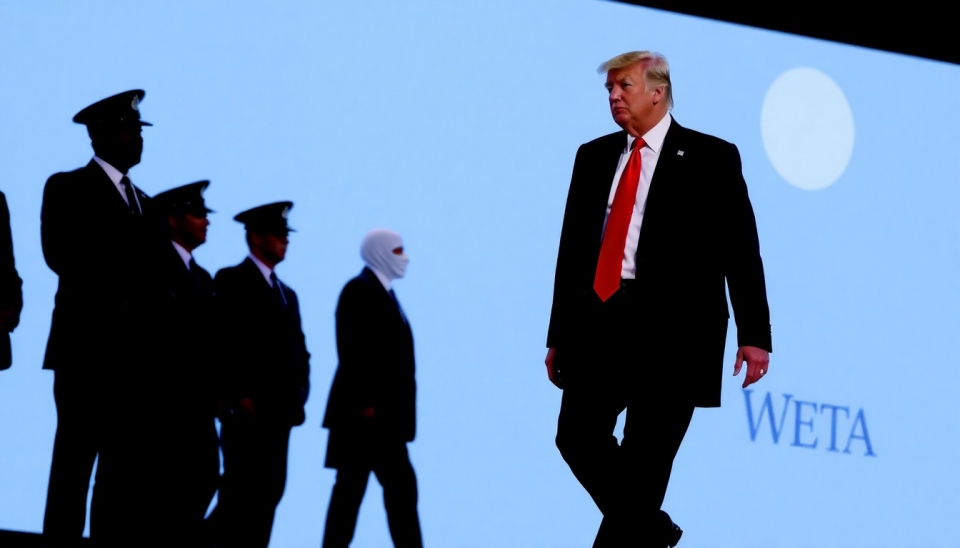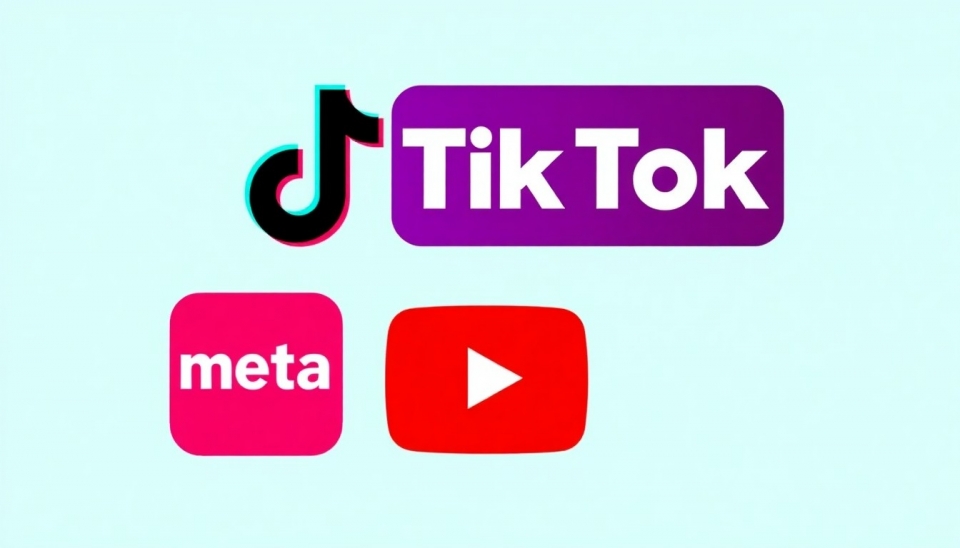
In a significant twist in the intersection of social media and politics, Meta Platforms Inc. has made headlines by signaling its intention to reinstate Donald Trump’s accounts, which were previously banned following the tumultuous events surrounding the Capitol riot on January 6, 2021. This decision marks a pivotal moment for both the tech giant and the former President, as it seeks to redefine its policies and approach following a series of controversies.
Meta, the parent company of well-known platforms like Facebook and Instagram, had enacted a suspension on Trump’s accounts in the wake of the insurrection. The move came under scrutiny not only for its timing but also for the implications it had on free speech and the role of social media in political discourse. However, as we step into the new year, Meta is eyeing a new chapter—a “fresh start” that could reshape its relationship with the political landscape.
Mark Zuckerberg has emphasized that the company now aims to strike a balance between preserving free speech and ensuring that its platforms do not become a vehicle for misinformation or violence. The announcement of Trump’s potential reinstatement comes amidst broader discussions about social responsibility in digital spaces and the immense impact these platforms wield in shaping public opinion.
As part of this renewed strategy, Meta is reportedly enhancing its content moderation policies to address concerns that have been raised over irresponsible usage by public figures. These measures are designed not only to restore faith in the platform’s governance but also to be seen as a proactive stance against hate speech and misinformation, which have plagued political discussions across social media networks.
With Trump now able to engage with his supporters directly on these platforms again, there are rising questions about what his return would mean for the larger dialogue on social media. Will it lead to a resurgence of political engagement among his base, or will it invite further scrutiny concerning the bounds of acceptable discourse online? Observers are keenly watching how Meta plans to navigate this delicate situation in the coming months.
The decision reflects an evolving narrative within the tech industry regarding its responsibilities and limitations, especially in light of the growing scrutiny from legislators and the public. There are potential repercussions on the horizon that could influence the way that social media companies handle controversial figures and statements moving forward.
As we watch this story unfold, it is evident that the decision to reinstate Trump is not merely a business move but a critical juncture within the broader context of political communication in the digital age. Organizations and users alike will watch with bated breath to see if this new beginning can lead to a more constructive dialogue or if it will further intensify the divisions seen in recent years.
In conclusion, Meta's choice to potentially reintegrate Donald Trump into its social media realm sparks conversations that extend beyond individual accounts, challenging us to consider the foundational principles of freedom of expression, accountability, and the power dynamics at play in today’s digital society.
#Meta #DonaldTrump #SocialMedia #FreeSpeech #PoliticalDiscourse #ContentModeration #TechIndustry #DigitalCommunication
Author: Emily Collins




